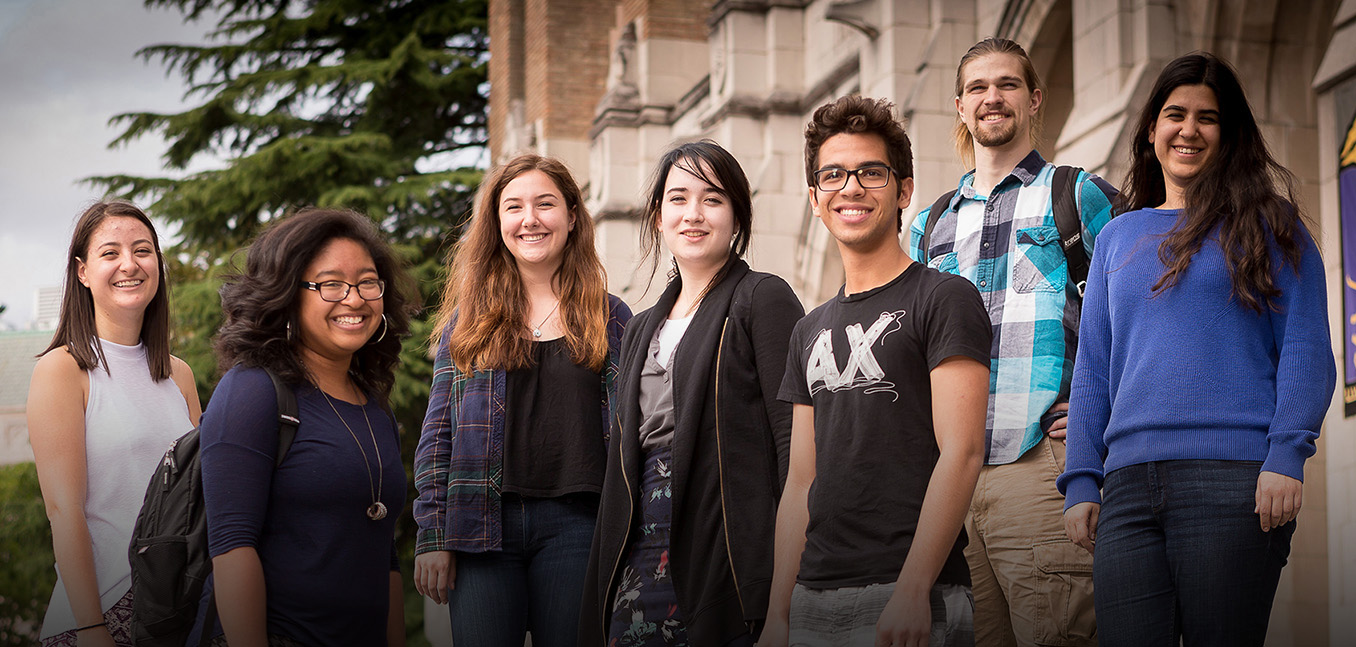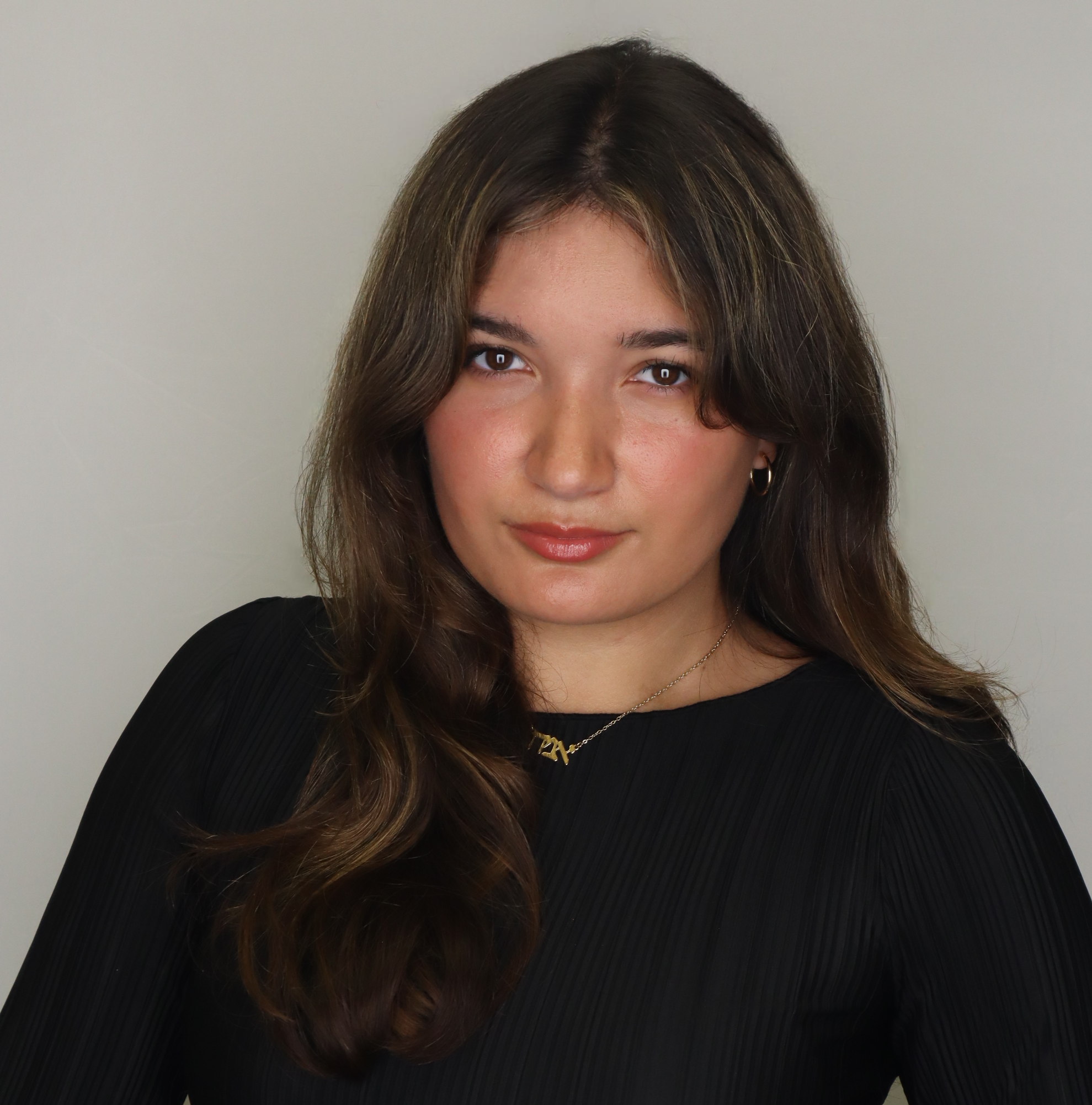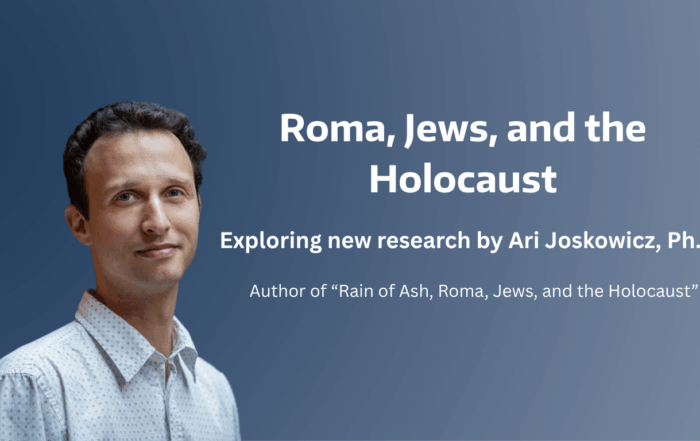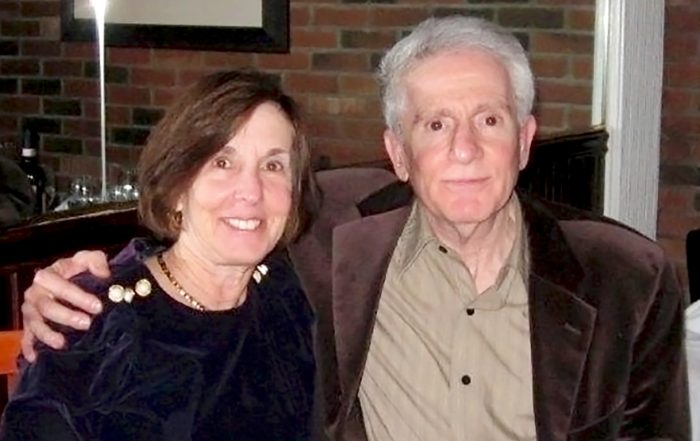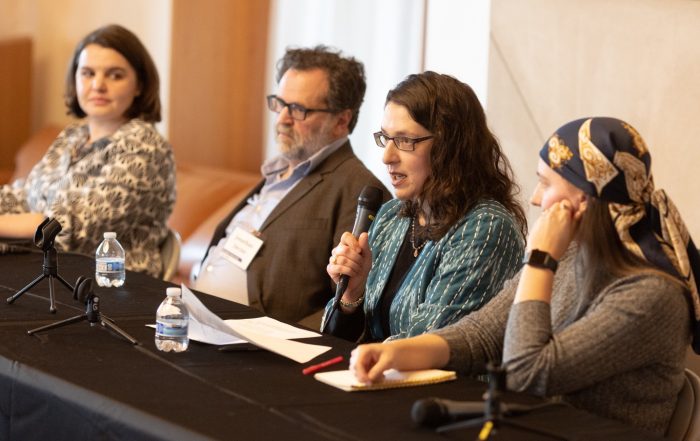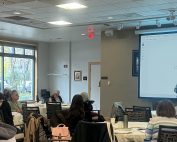As a premiere hub for Jewish Studies, the Stroum Center features an internationally recognized Sephardic Studies Program and a vibrant undergraduate and graduate community.
Latest Articles
The Nazi Translation Office in Athens — A Reflection on Sources
Nazi-translated documents in a Jerusalem archive reveal how the Rosenberg Task Force looted and repurposed Greek Jewish records during World War
Regina Roza and the Forgotten Lives of Radical Sephardic Salonikan Women
Alexandra Ritsatos writes on the activism of Regina Roza, a Sephardic tobacco worker in 1930s Salonika, whose leadership in labor
Marking 50 years of impact on campus, in the community, and around the globe
On March 11, 2025, faculty, students, and members of the public gathered to celebrate 50 years of impact at the Stroum Center for Jewish Studies and to reflect on Jewish Studies in the current climate.
Roma Holocaust experience and relational memory
Professor Liora Halperin summarizes Ari Joskowicz's UW lecture (and research) into the Roma experience during the Holocaust. This includes touching on the role of relational memory.
Native New Yorkers Jack Zaraya and Wendy Sabin create new fund to support the Sephardic Studies Program at the UW
Jack Zaraya and Wendy Sabin, longtime residents of New York City, have created an endowed fund to support Sephardic Studies and honor the memory of Danny and Lily Zaraya.
The building of the UW’s Sephardic Studies Program, from “Safeway archives” to one of the world’s largest Sephardic digital collections and more
In a panel on March 11, 2025, speakers discussed the history of the Sephardic Studies Program at the University of Washington as part of the Stroum Center's 50th anniversary celebration.
Latest Articles

